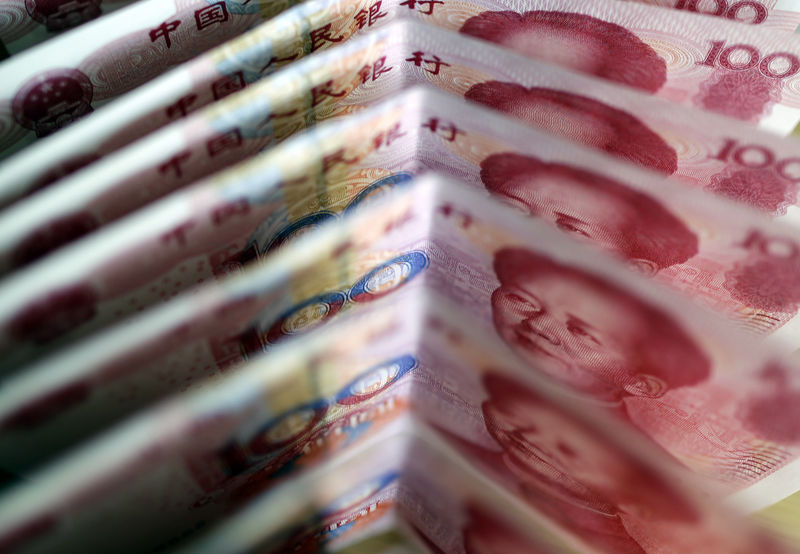JAKARTA (Reuters) - China's Silk Road Fund (SRF) has signed an agreement to invest up to 20 billion yuan ($2.99 billion) in Indonesia's sovereign wealth fund, the funds said on Monday, a deal some analysts said could deter Western investors from the Indonesian fund.
The agreement allows for investment in all sectors open to foreigners in Indonesia, especially projects with economic connectivity between the countries, the Indonesia Investment Authority (INA) and SRF said in a joint statement.
"We believe that investment in Indonesia and the region has high potential, especially when conducting it together with INA," said Yanzhi Wang, SRF president.
Unlike many other sovereign wealth funds that manage excess oil revenues or foreign exchange reserves, the INA seeks to attract foreign co-investors to help fund economic development.
The agreement provides general terms and principles for the SRF and INA to screen and decide on joint investments.
After its February 2021 launch, the INA has set up a $3.75 billion toll road fund with Canadian and Dutch pension funds and a unit of the Abu Dhabi Investment Authority. The United Arab Emirates has pledged to invest $10 billion with the INA.
Indonesia has said global agencies like the U.S. International Development Finance Corporation and Japan Bank for International Cooperation have also expressed interest.
The SRF, set up in 2014, is backed by China's foreign exchange reserves, China Investment Corp, the Export-Import Bank of China and the China Development Bank.
Trissia Wijaya, a researcher at the Center for Indonesian Policy Studies, a think tank, said the SRF was less politically sensitive because it was not providing debt like for other Chinese-led Belt and Road Initiative (BRI) projects.
The INA could encounter some difficulties in drawing potential co-investors, however, with geopolitical factors also at play, she said.
"The G7 has just launched a $600 billion infrastructure plan to counter China," Wijaya said, referring to funds pledged at last month's Group of Seven leaders' gathering.
"Then comes a big question mark, would they want to be put side by side with China in a platform facilitated by INA?"
BRI projects and economic ties with China are often a bone of contention in Indonesia due to perceptions of Beijing holding influence over the government and the projects using imported rather than local labour.
Indonesia's highest-profile BRI project, a multi-billion high-speed railway in Java, has been plagued by cost overruns and delays.
($1 = 6.6937 Chinese yuan renminbi)
